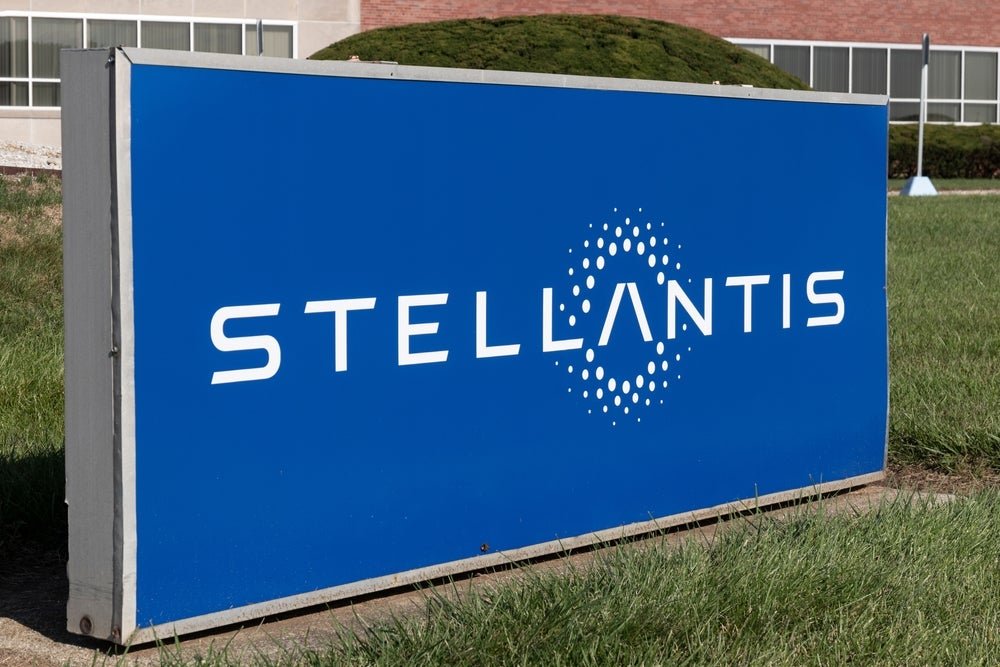Ford Motor Co announced on Monday that it sold more electric and hybrid vehicles in the U.S. in November, despite a slump in overall sales. The Detroit-based automaker reported a 43.2% jump in electric vehicle sales compared to November of the previous year, with a total of 8,958 units sold. Hybrid vehicle sales also saw a similar surge, increasing by 75.2% to reach 12,108 units.
The best-selling electric vehicle for Ford last month was the all-electric F-150 Lightning truck, with sales jumping 113% to 4,393 units. The Mustang Mach-E SUV followed closely behind, with sales increasing by 21.3% to 4,294 units. However, the Ford E-transit, an electric van, experienced a decline in sales, dropping by 58.6% to 271 units.
Ford CEO Jim Farley expressed his enthusiasm for the company’s electrification efforts, stating, “Electrification is happening with hybrids, too. We have the two best-selling hybrid pickups, with the Ford Maverick hybrid and the F-150 hybrid with Powerboost.” The strong performance of hybrid vehicles contributed to the overall increase in electric and hybrid vehicle sales for the company.
While electric and hybrid vehicle sales showed positive growth, overall sales for Ford experienced a slight decline of 0.5% year-on-year, with a total of 145,559 units sold in November. The slump in combustion vehicle sales contributed to the decrease in overall sales.
In terms of production, Ford saw an increase in manufacturing output in November compared to October, with 205,085 units produced. The F-150 was the most manufactured model, with 48,622 vehicles rolling off the production line.
The positive performance of electric and hybrid vehicles for Ford is significant as the company faces challenges in the EV market. During the third quarter, Ford’s EV unit reported a loss in earnings before interest and taxes of $1.3 billion, resulting in a nine-month EBIT loss of $3.1 billion. CEO Jim Farley acknowledged the need for competitiveness in cost, stating, “A great product is not enough in the EV business anymore. We have to be totally competitive on cost.”
Despite the focus on electric vehicles, Ford recently announced a delay in its $12 billion EV investment, including the postponement of its EV battery plant in Kentucky. The company is reassessing its strategy and aims to achieve cost competitiveness in the EV market.
The success of Ford’s electric and hybrid vehicle sales in November demonstrates the increasing demand for electrified vehicles in the U.S. market. As the company continues to refine its EV strategy and invest in cost competitiveness, it aims to capitalize on this growing trend and secure its position in the evolving automotive industry.





